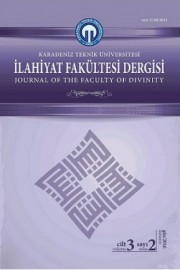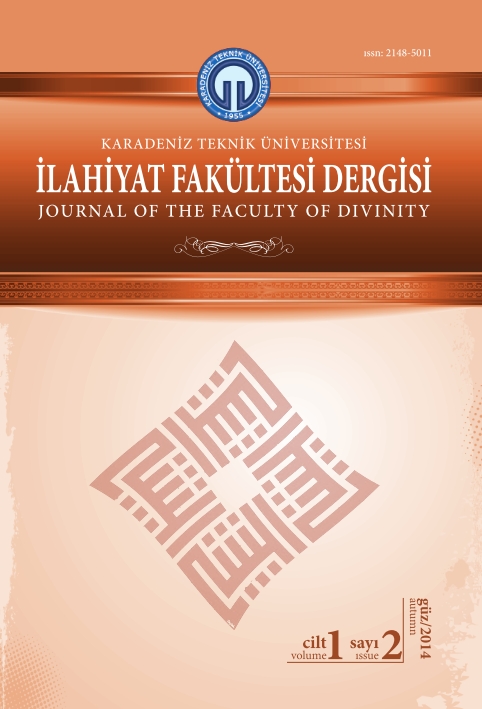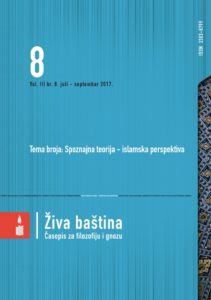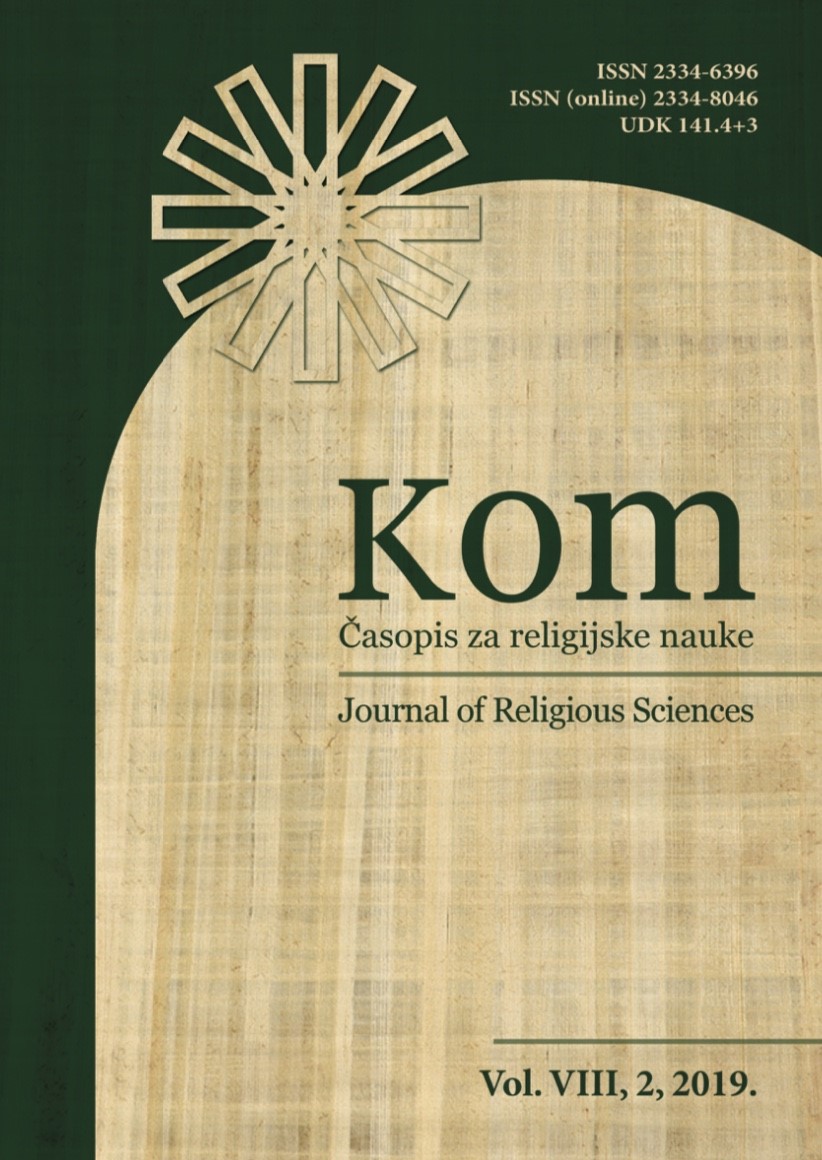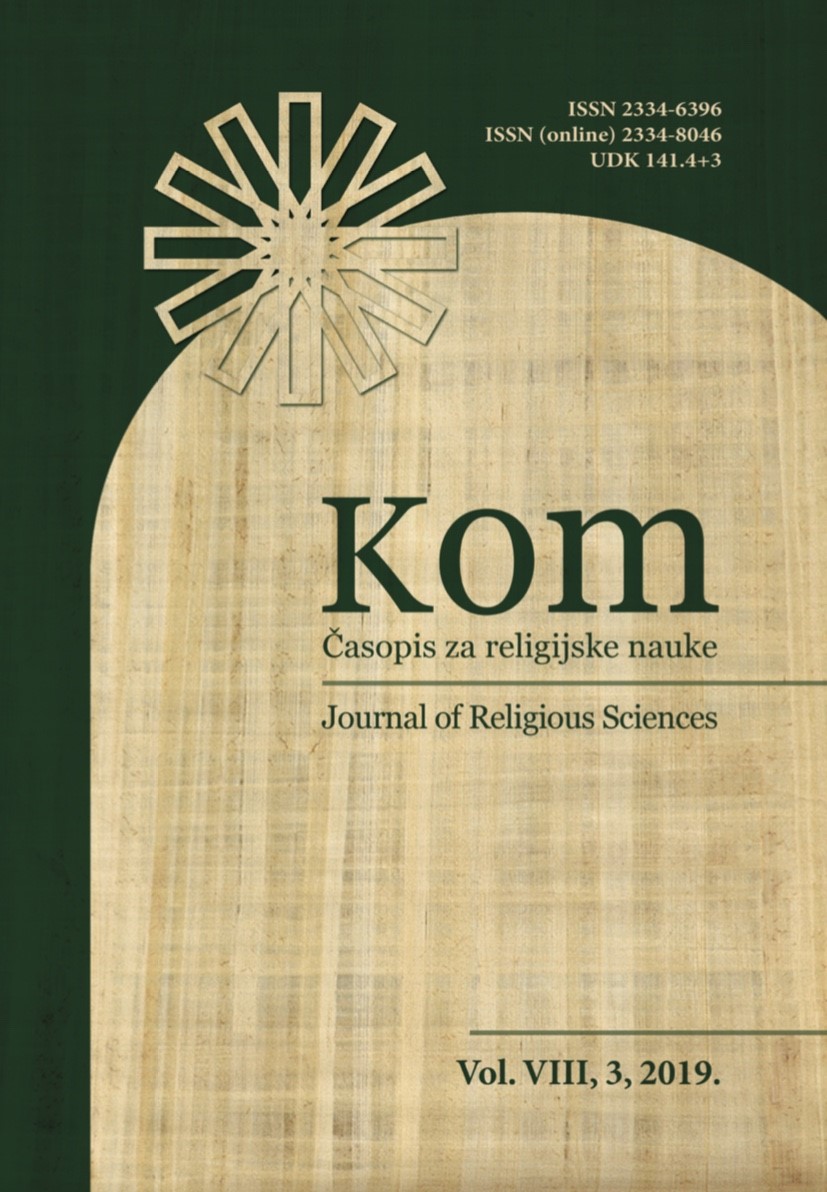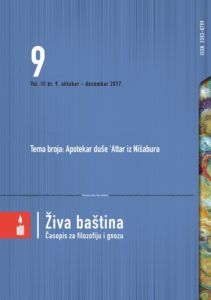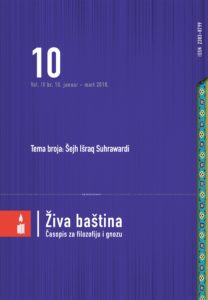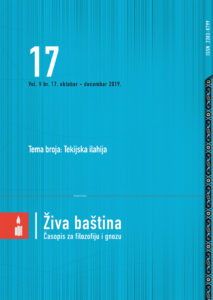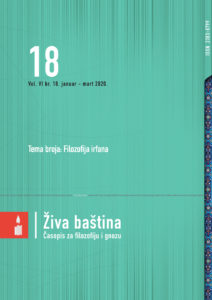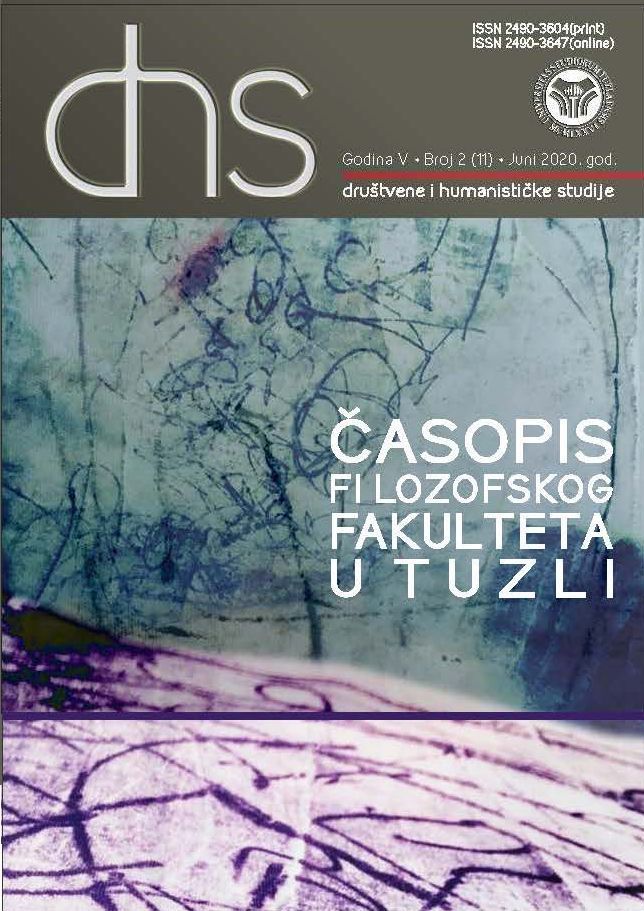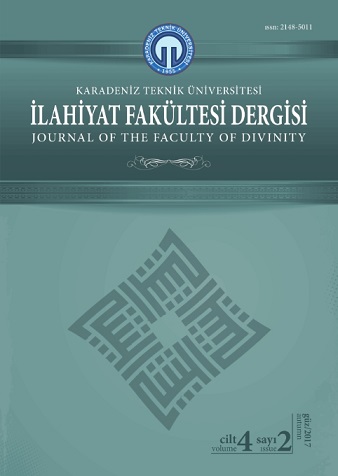
Tahâvî Akîdesi’ne Ehl-i Hadis Yorum: Sadruddin İbn Ebi’l-İz ve el-Akîdetü’t-Tahâviyye Şerhi
al-Aqidah al-Tahawiyyah written by Abu Jafar al-Tahawi is the sole text in Egypt which contains theological views of Abu Hanifah. This text content to gives opinions of Abu Hanifah without any discussion and reveals that his opinions compatible with Ahl al-Sunna. From the 6/12th century commentaries written by Maturidi scholars, based the al-Aqidah on the Maturidi theology tradition. However, al-Aqidah al-Tahawiyyah has been associated with Ahl al-Hadith/Hadith Supporter due to brief nature which includes general views of the Ahl al-Sunnah and traditionist identity of al-Tahawi. The first name to make this association is Sadr ad-din Ibn Abi al-Iz (792/1390), who wrote the commentary on the Ahl al-Hadith line on the al-Aqidah. This study aims to analyse in a holistic manner Sharh al-Aqidah al-Tahawiyyah with the context that produced and tradition of thought that takes place.
More...
